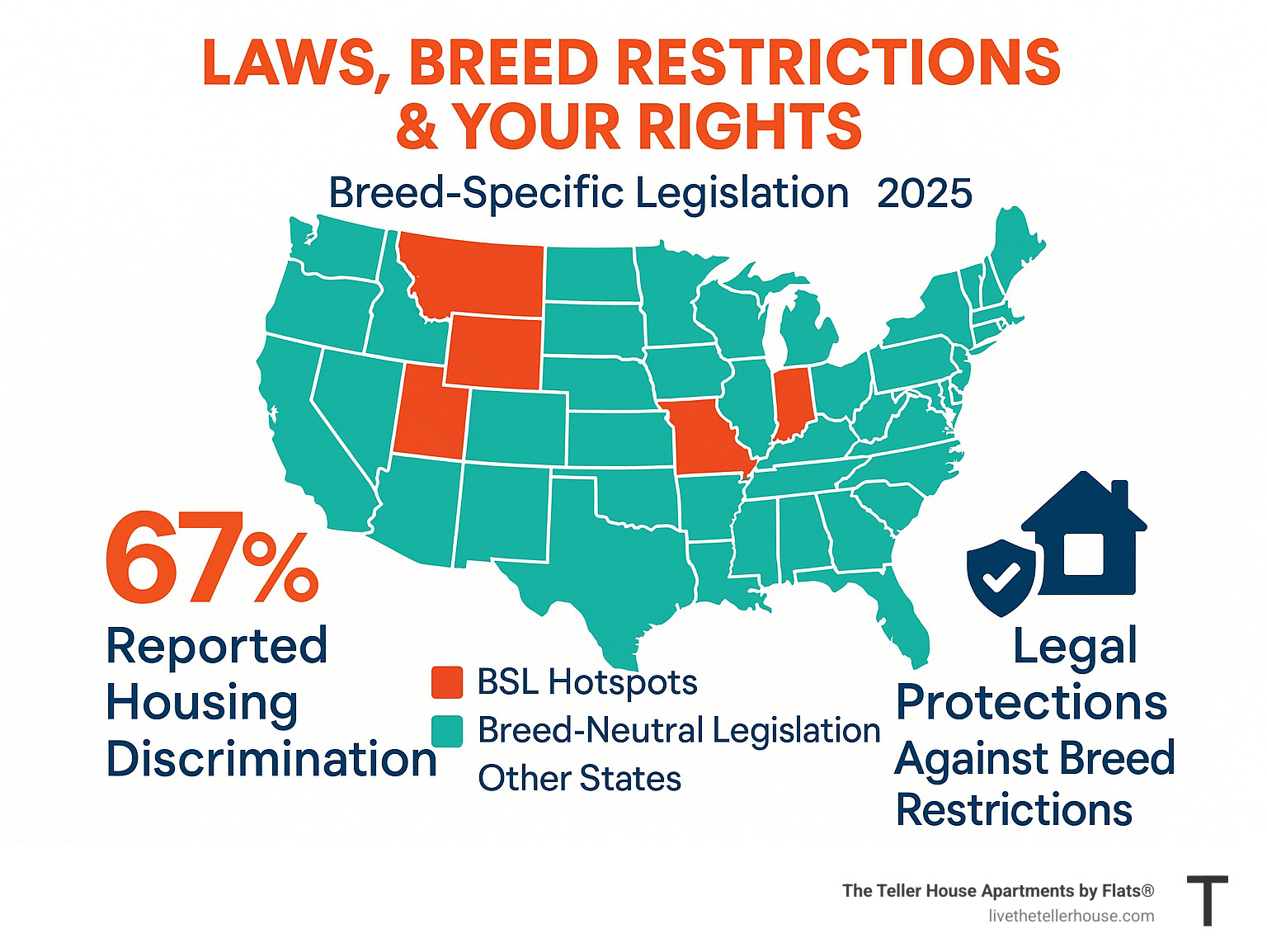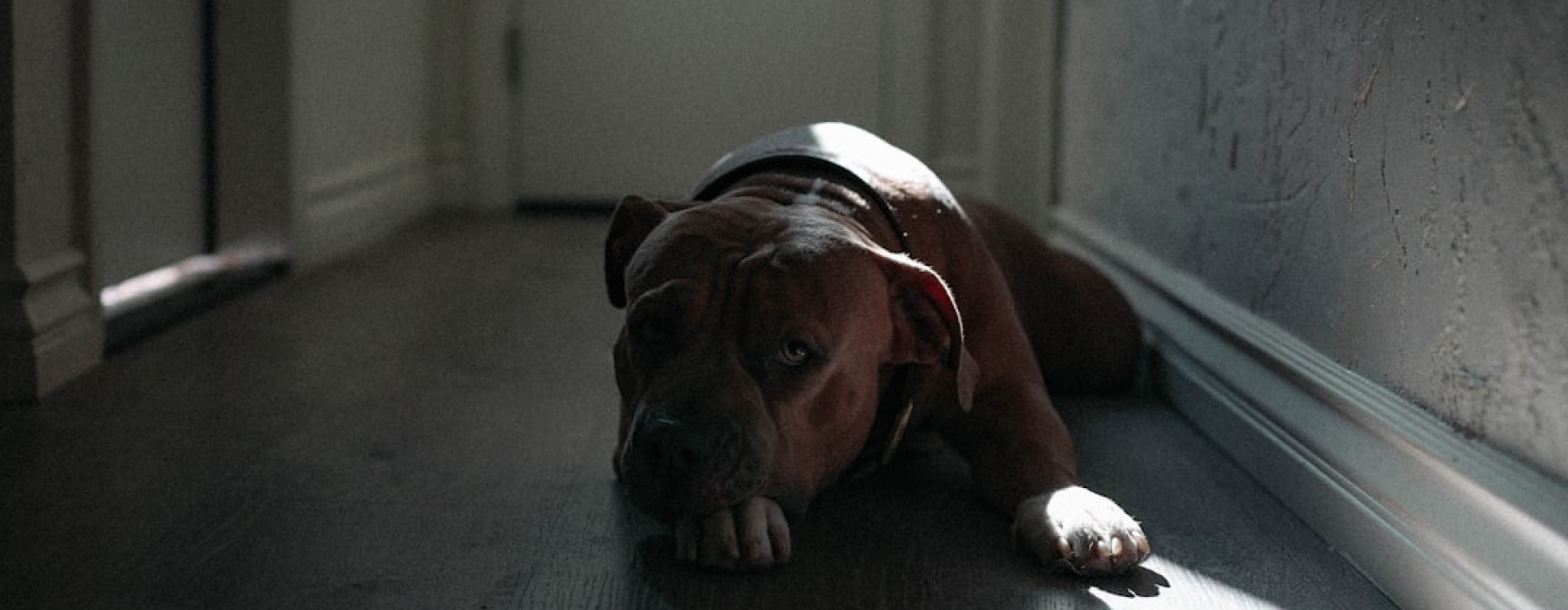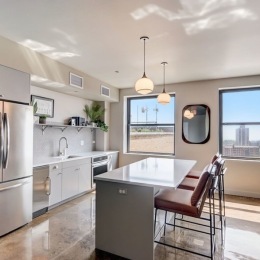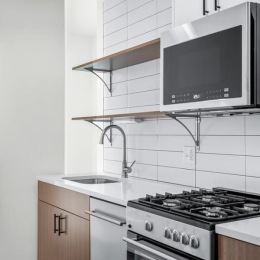Why Finding the Right Home Matters for Pit Bull Families
Finding apartments that allow pit bulls can feel like searching for a needle in a haystack. Many rental properties maintain breed restriction lists that specifically exclude pit bulls, American Staffordshire Terriers, and related breeds, making the housing search significantly more challenging for responsible dog parents.
Quick Resources for Pit Bull-Friendly Housing:
- My Pit Bull is Family National Database - Over 500 verified pit bull-friendly rentals nationwide
- Private landlords - More likely to consider individual dogs than large complexes
- Dane Park North Garland - #1 dog-friendly apartment in the US, accepts all breeds with temperament testing
- Apartment search filters - Use pet-friendly filters on Zillow, Apartment List, and Apartment Guide
The reality is stark: breed restrictions affect millions of dog families across the country. These policies often force loving families to choose between their housing and their four-legged family members, contributing to shelter surrenders and housing instability.
But here's the good news - pit bull-friendly housing does exist. From national apartment chains that focus on temperament over breed to private landlords who judge dogs individually, there are options available. The key is knowing where to look and how to present yourself as a responsible tenant.
This guide will walk you through proven strategies for finding apartments that welcome pit bulls, from using specialized databases to building applications that stand out for all the right reasons.
Why Finding a Home Is Harder for Pit Bull Families
When you're looking for apartments that allow pit bulls, you're facing challenges that go beyond the typical rental search.
Breed discrimination sits at the heart of the problem. Most large apartment management offices maintain breed restriction lists that include pit bulls, American Staffordshire Terriers, and related breeds - often before landlords even meet your well-trained pup.
The insurance maze makes things trickier. Many insurance companies won't cover properties that house certain breeds, making landlords nervous about liability issues. While some insurers like State Farm, Farmers, USAA, and Chubb don't discriminate by breed, finding coverage can still feel challenging.
The housing crunch hits pit bull families especially hard. When rental properties are scarce, landlords default to breed restrictions as an easy way to narrow options instead of evaluating individual applications.
Perhaps most heartbreaking are the shelter surrenders that happen not because dogs have behavioral problems, but because families simply can't find housing. Well-trained pit bulls end up homeless through no fault of their own.
Understanding these challenges is the first step toward overcoming them. Once you know what you're up against, you can develop strategies that work around these obstacles and find the welcoming home your pit bull deserves.
Laws, Breed Restrictions & Your Rights
Understanding your rights makes all the difference when searching for apartments that allow pit bulls. Laws are slowly shifting in favor of responsible dog owners.
Breed-specific legislation (BSL) creates varying rules across the country. Some cities ban certain breeds, while others require special permits. Encouragingly, more places are moving away from blanket bans, focusing instead on individual dog behavior rather than breed appearance.
The Fair Housing Act becomes crucial when you have a legitimate service animal or emotional support animal. If you have a documented disability and your pit bull provides specific assistance, landlords must make reasonable accommodations - even with breed restrictions.
Service and support animal rules create important exceptions. True service animals performing specific tasks for someone with a disability get protection under the Americans with Disabilities Act, regardless of breed restrictions. Emotional support animals may also qualify for housing protections, though requirements vary by state.
Liability coverage often drives landlords' concerns more than personal prejudice. Many property owners worry about insurance complications. You can address this by securing renter's insurance that specifically covers your dog.
State preemption trends are moving in the right direction. More states now prohibit local governments from banning specific breeds, recognizing that training, socialization, and responsible ownership matter far more than breed alone.

How to Find Apartments That Allow Pit Bulls
Finding apartments that allow pit bulls doesn't have to feel impossible when you know where to look and how to search effectively. The key is combining smart online strategies with good old-fashioned networking to uncover the hidden gems in the rental market.
Specialized databases are your best friend in this search. The My Pit Bull is Family database stands out as the gold standard, featuring over 500 verified pit bull-friendly rentals nationwide. This isn't just another generic pet-friendly list - it's specifically curated for families with bully breeds who face unique housing challenges.
Private landlords often prove more flexible than large management companies. Individual property owners can make decisions based on meeting you and your dog personally, rather than following rigid corporate policies.
When using major search platforms, the pet-friendly filters on sites like Zillow, Apartment List, and Apartment Guide can help narrow your options. Just remember that "pet-friendly" doesn't automatically mean "pit bull-friendly," so you'll still need to verify breed policies directly with each property.
Success stories do exist and they're worth celebrating. Dane Park North Garland in Texas has earned recognition as the #1 dog-friendly apartment community in the United States. They welcome all breeds and sizes through temperament testing, allow up to three dogs per apartment, and even feature built-in doggy doors leading to private yards.
For those exploring urban living options, More info about Modern Chicago Apartments offers insights into navigating pet policies in city settings where space and restrictions can be particularly challenging.
Top Search Sites for Pet-Friendly Rentals:
- My Pit Bull is Family - Specialized database
- Zillow - Major national platform with pet filters
- Apartment List - Detailed pet policy information
- Apartment Guide - Comprehensive rental listings
- RentCafé - Professional property management listings
- People With Pets - Pet-focused rental platform
Using Databases of Apartments That Allow Pit Bulls
The specialized housing databases designed for bully breed families work differently than general pet-friendly listings. These resources understand the unique challenges you face and focus specifically on properties that welcome pit bulls with open arms.
Database criteria ensure you're not wasting time on dead ends. Properties qualify by having no breed restrictions, weight limits of 60-70 pounds or higher, or policies that accept dogs with Canine Good Citizen certification or temperament evaluations.
Crowdsourcing features keep the information fresh and accurate. Fellow pit bull families contribute new listings and report policy changes, creating a community-driven resource that stays current with the ever-changing rental market.
CGC acceptance opens doors that might otherwise stay closed. Many properties that maintain breed restriction lists make exceptions for dogs with Canine Good Citizen certification. This American Kennel Club program demonstrates your dog's basic obedience training and good manners.
Networking & Offline Strategies
Sometimes the best apartments that allow pit bulls aren't found online - they're found through connections, conversations, and community involvement. These offline strategies often uncover opportunities that never make it to the major listing sites.
Local brokers can be invaluable allies in your housing search. Real estate professionals who specialize in rentals often know which landlords are flexible about breed restrictions and can advocate for your application.
Rescue groups maintain networks that extend far beyond animal care. Local pit bull rescue organizations often keep informal lists of housing resources and can connect you with other families who've successfully steerd the rental market.
Social media housing posts create direct connections with property owners. Posting honest housing-wanted ads on local Facebook groups, Nextdoor, or Craigslist can bypass traditional rental channels entirely.
Community boards at veterinary offices, pet stores, and dog parks frequently feature rental listings from pet-loving landlords. These venues naturally attract animal-friendly property owners who may be more open to breed-inclusive policies.
Building a Stand-Out Application
Creating a compelling application package significantly improves your chances of securing apartments that allow pit bulls. Your goal is demonstrating that you're a responsible dog parent and reliable tenant.
Your pet résumé becomes your dog's introduction to potential landlords. Include your dog's breed, age, spay/neuter status, and current vaccinations. Add photos showing your dog's calm demeanor - think relaxed poses rather than action shots. Document training certifications, especially Canine Good Citizen titles, which carry significant weight with landlords.
References make the difference between acceptance and rejection. Previous landlords who can confirm your dog's good behavior provide invaluable validation. Neighbors who can attest to your dog's temperament add personal touches that help landlords see you as a real person.
Veterinary records showing consistent care and up-to-date vaccinations demonstrate ongoing responsibility. These documents prove you're committed to your dog's health and well-being.
Training documentation provides objective evidence of your dog's behavior. Professional training certificates show your commitment to responsible ownership. Even basic obedience class completion certificates help differentiate your application.
Insurance coverage alleviates liability concerns before they become obstacles. Obtain renter's insurance that specifically covers your dog breed before applying. Having this coverage demonstrates proactive responsibility and removes a major landlord concern.
Essential Paperwork for Landlords
Preparing comprehensive documentation before you start your search streamlines the application process and demonstrates professionalism.
Training certificates provide third-party validation of your dog's behavior. Include completion certificates from puppy kindergarten, basic obedience, or specialized classes. Canine Good Citizen certification carries particular weight as a nationally recognized standard.
Professional photos show your dog at their best and help landlords connect with your pet individually. Choose clear, high-quality photos capturing your dog's calm demeanor and friendly expression.
Previous lease documentation proves your track record as a responsible tenant. Gather letters from previous landlords specifically mentioning your dog's good behavior and lack of complaints.
Negotiating with Landlords
Successful negotiation requires understanding landlord concerns and offering solutions that address their specific worries about renting to pit bull families.
Extra deposit options can overcome initial hesitation by demonstrating confidence in your dog's behavior. Offering a higher security deposit shows you're willing to back up your claims.
Trial lease periods reduce landlord risk while giving you a chance to prove your dog's suitability. Propose a shorter initial lease term with renewal options based on performance.
Insurance reassurance addresses liability concerns directly. Provide documentation of your renter's insurance coverage, including specific breed coverage.
Moving In & Thriving in Your New Community
Successfully securing apartments that allow pit bulls is just the beginning of your journey. The real work starts when you move in and begin building the positive relationships that will ensure long-term success for both you and your furry family member.
Neighbor introductions can make or break your experience in a new community. Take the initiative to introduce yourself and your dog to neighbors in controlled, positive settings. A calm meet-and-greet in the lobby or courtyard gives people a chance to see your dog's gentle nature firsthand. These personal connections often dissolve preconceived notions faster than any explanation ever could.
Don't underestimate the power of a well-behaved dog to change minds. When neighbors see your pit bull sitting politely during introductions or walking calmly on a leash, they're witnessing the reality rather than the stereotype.
Elevator etiquette becomes especially important in apartment living. Train your dog to sit calmly in elevators and wait for others to exit first. Keep your dog positioned away from the door on a short leash. These small courtesies demonstrate your consideration for other residents and showcase your dog's good manners in confined spaces.
Exercise routines serve a dual purpose - they keep your dog healthy and happy while showing your commitment to responsible ownership. Establish consistent exercise schedules that meet your dog's needs without disrupting neighbors. Early morning and evening walks, combined with regular trips to nearby dog parks, help maintain your dog's physical and mental well-being.
Ongoing training reinforces good behavior and shows your continued investment in responsible ownership. Regular training sessions, whether formal classes or home practice, keep your dog's skills sharp. Neighbors notice when dogs respond immediately to commands or demonstrate excellent leash manners during daily walks.
Community benefits extend far beyond individual tenants when buildings welcome pit bull families. Responsible pit bull parents often become the most dedicated long-term residents, understanding the value of their housing situation. They tend to be particularly conscientious about property maintenance and community relationships, knowing they're representing their breed with every interaction.
The ripple effects of your positive presence extend beyond your immediate community. Every successful pit bull family helps pave the way for others facing similar housing challenges. Your dog's good behavior and your responsible tenancy become part of the building's history, making it easier for future families to find acceptance.
Frequently Asked Questions about Apartments That Allow Pit Bulls
What documentation best convinces a landlord I'm responsible?
Canine Good Citizen certification tops the list - this nationally recognized program shows your dog has mastered basic manners. It's like a diploma for dogs, and landlords take notice.
Your veterinary records demonstrate commitment through current vaccinations, spay/neuter documentation, and regular wellness visits.
Letters from previous landlords carry enormous weight, especially when they specifically mention your dog's good behavior. A simple note saying "No complaints, no damage, and the dog was well-behaved" can open doors.
Professional training certificates show ongoing dedication to responsible ownership. Even basic obedience class completion proves you've invested in your dog's development.
Choose calm, friendly photos that show your dog's gentle nature - maybe relaxing at home or sitting politely.
Do I need special renter's insurance for my pit bull?
Getting the right renter's insurance is crucial when searching for apartments that allow pit bulls. Many standard policies contain breed exclusions.
State Farm, Farmers Insurance Group, USAA, and Chubb generally provide coverage regardless of breed. Nationwide offers coverage for any dog with Canine Good Citizen certification.
Having proper insurance before applying demonstrates responsibility and addresses landlord liability concerns.
How do I respond to breed-based rejection?
Stay professional and gracious - getting defensive never helps. Thank the landlord for their time and ask if they'd consider meeting your dog in person or reviewing additional documentation.
If dealing with service or emotional support animals, document interactions that seem to violate fair housing laws and consider contacting local fair housing organizations.
Use rejections as learning opportunities. Ask for feedback about strengthening your application for future properties.
Conclusion
Finding apartments that allow pit bulls might feel overwhelming, but with the right approach and resources, you can find a home that welcomes your entire family. The journey requires patience and preparation, but every step brings you closer to the perfect place.
The housing landscape is gradually shifting toward more inclusive policies. More landlords are recognizing that responsible pet ownership matters far more than breed labels. Your success story becomes part of this positive change.
Your comprehensive preparation makes all the difference. The documentation you gather, the professional way you present your application, and the proactive steps you take to address landlord concerns demonstrate that you're exactly the kind of tenant property owners want long-term.
Every pit bull family who successfully finds great housing helps open doors for others facing similar challenges. When you and your dog become valued community members, you're proving that breed-inclusive policies benefit everyone.
The future looks brighter for families seeking apartments that allow pit bulls. As more people recognize that individual dogs should be judged by behavior rather than breed, housing options continue to expand.
For those considering upscale living in Chicago's Uptown neighborhood, The Teller House Apartments by Flats® offers beautifully restored historic building with modern living spaces in the heart of Chicago's cultural district.
With persistence, preparation, and the strategies outlined in this guide, you'll find a place where both you and your four-legged family member can truly belong.
Ready to learn more about pet-friendly luxury living? Contact us today. We're here to help you find whether our community might be the perfect fit for your family's next chapter.









